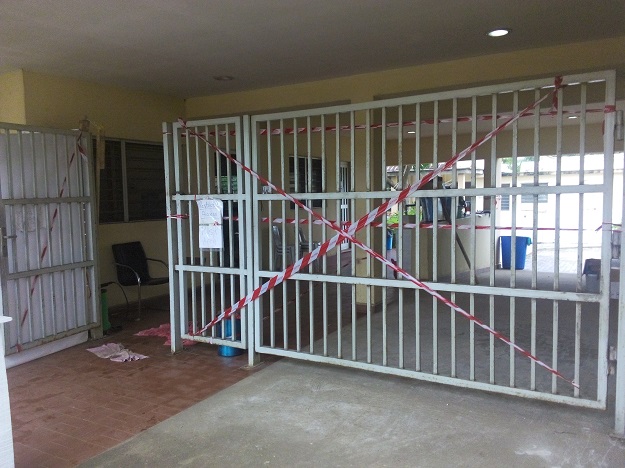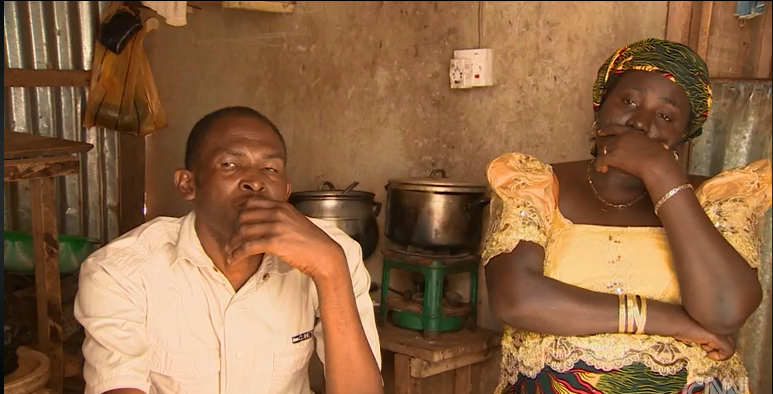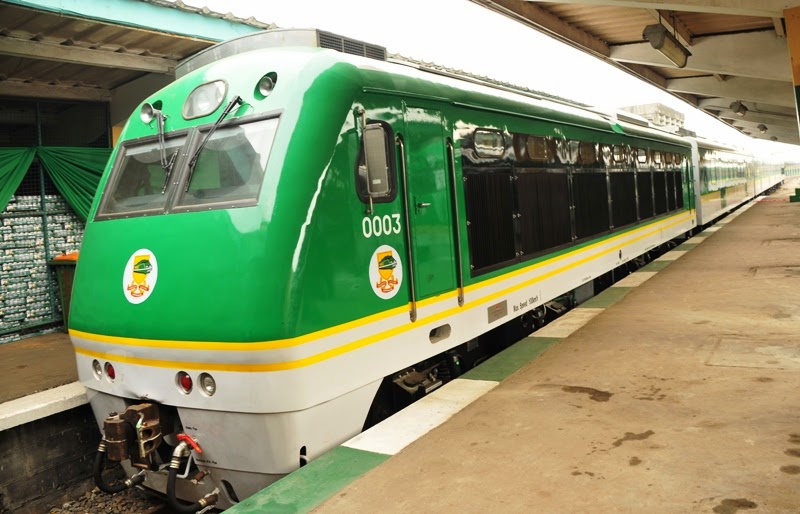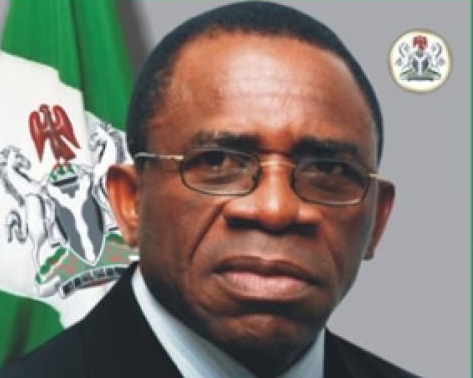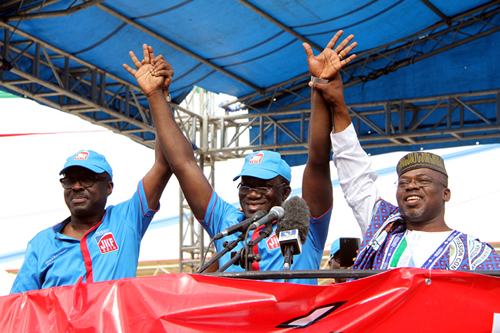Health officials who are working all over Lagos state to prevent the reintroduction of Ebola Virus Disease (EVD) to the country are disillusioned and may soon abandon their jobs.
It is now almost two months since they have been paid. When they got their penultimate payment in October, it was not only for work done in September, it was less than half their usual salary – far below their expectation. Until December, they were not paid October salary. Just five months ago, this would never have happened.
EX-BEAUTIFUL BRIDES
After Liberian-American Patrick Sawyer introduced Ebola to Nigeria on Sunday July 20, and contacts such as Dr. Stella Adadevoh, Ada Igonoh, Justina Echelonu contracted the virus, the Lagos state government went in search of volunteer doctors, nurses and even non-health workers who could work at the isolation centre at Yaba, Lagos.
At the start of the Ebola crisis, volunteers were paid according to risk levels. The lowest-paid staffer or volunteer earned N5,000 daily, which translated to N150,000 per month, while the highest-paid earned N65,000 per day, amounting to N1.95 million at the end of the month. All of them worked every day of the week.
Advertisement
Even then, working at the Yaba isolation centre either on fulltime or adhoc basis was such an unattractive proposition. Back in August, a doctor on housemanship at the Lagos University Teaching Hospital (LUTH) told TheCable that his colleagues were sternly warned by a consultant doctor to steer clear of the centre.
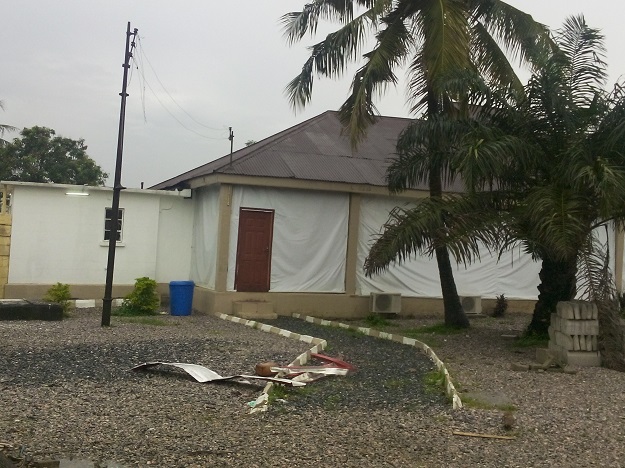
The health volunteers/staff collaborated with support staff deployed by the World Health Organisation (WHO) to battle the disease; and by September 19, Lagos had become Ebola-free. On October 20, after a precautionary wait of 42 days (two incubation cycles of the virus), WHO formally declared Nigeria Ebola-free. By then, the health workers were no longer the beautiful brides they once were.
In September, the payments stopped. September salary didn’t come till the end of October. And when it came, staff who were collecting N5,000 per day were paid the equivalent of N2,000 per day. Everybody was placed on N2,000. So, staff and volunteers who were expecting N150,000 were paid N50,000.
Advertisement
FG ‘HANDED OVER’ AFTER EBOLA ALL CLEAR
A senior member of the Ebola management team told TheCable that the “about 200” fulltime staff and volunteers were paid by the federal ministry of health on behalf of the federal government.
“But in September, when the last case was discharged, the federal government, in a way, not officially, handed over to the state to manage the issue of mobilisation, education of the masses and taking care of borders. The federal government withdrew, but it is still responsible for paying volunteers.
“When the first case of Ebola was reported, it was an emergency, so the government had to summon people who had their primary assignment in different hospitals and the ministry of health. So majority of the volunteers were from LASUTH, LUTH, Psychiatric hospital and other government parastatals, although we also had volunteers who were not working in any government establishment; that were just called in to render support.”
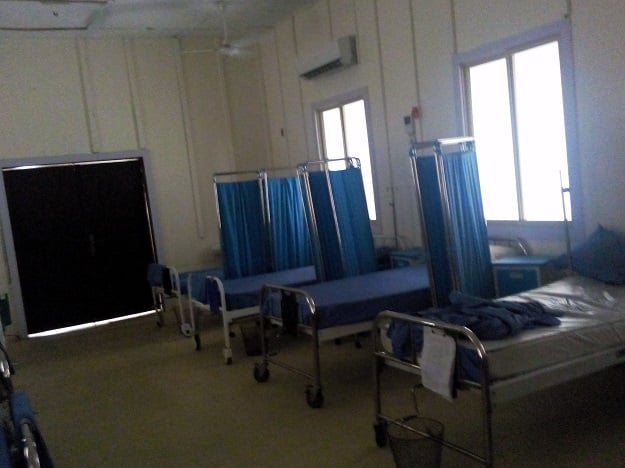
Now that payment of salaries is stalling, many of the technical staff have returned to their job but many of the volunteers are stuck.
Advertisement
These volunteers are in two categories. There is the category comprising the technical staff, the doctors and the clinicians who are managing cases, who are in epidemiology team or who are working with ministry of health. Many of them have now returned to their offices. They only offer part time support, unlike in the peak of the crisis when they were always available.
The second category consists of volunteers in logistics, secretariat, the fulltime volunteers who were not employed in any government establishment but they were hired solely for the Ebola containment project.
“These ones have nowhere to go.
“Now, they don’t even have means of coming to work because they don’t earn a second salary unlike the technical staff who still have their original jobs to fall back on.”
Advertisement
Add a comment
